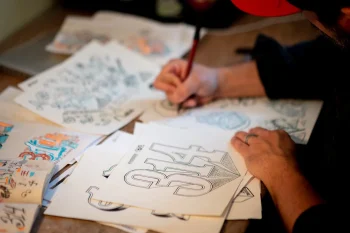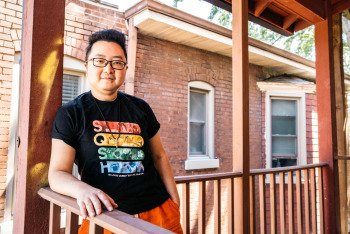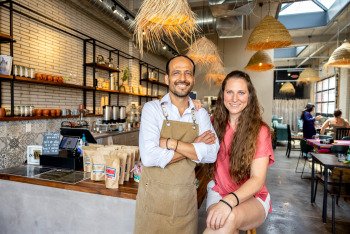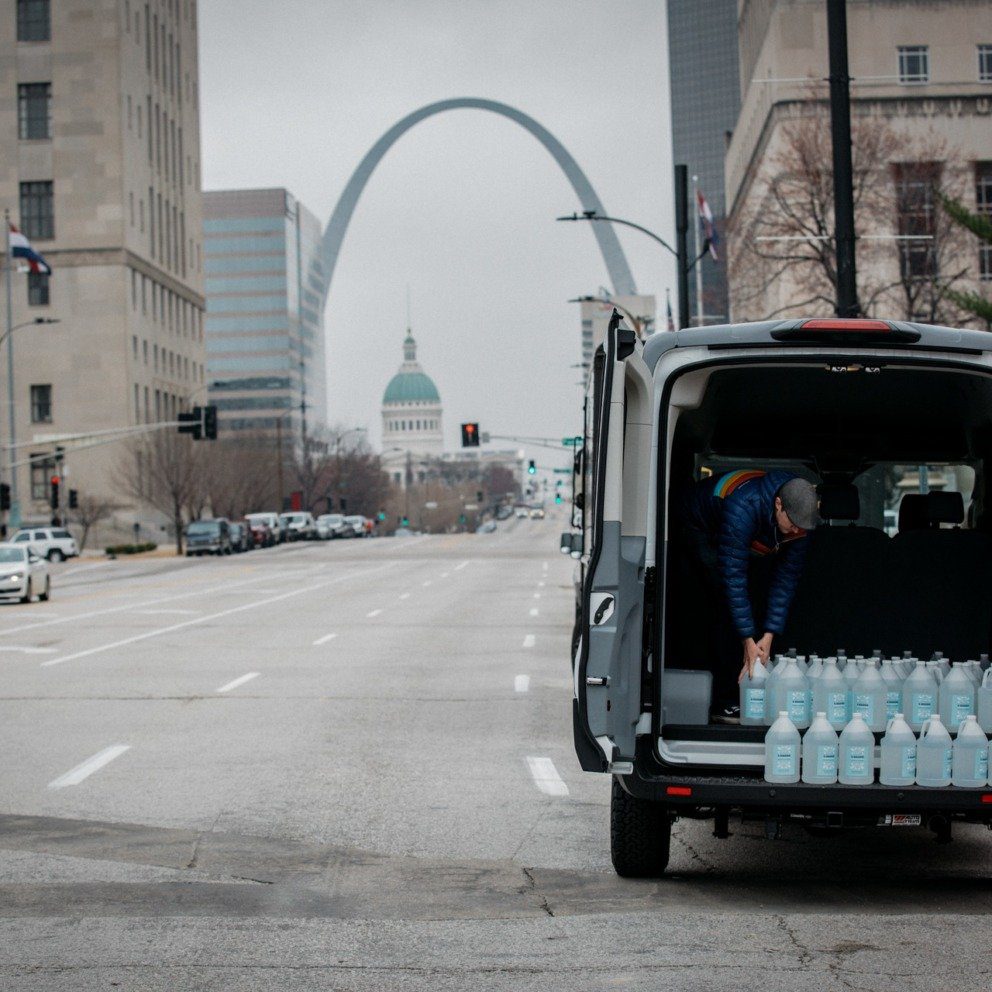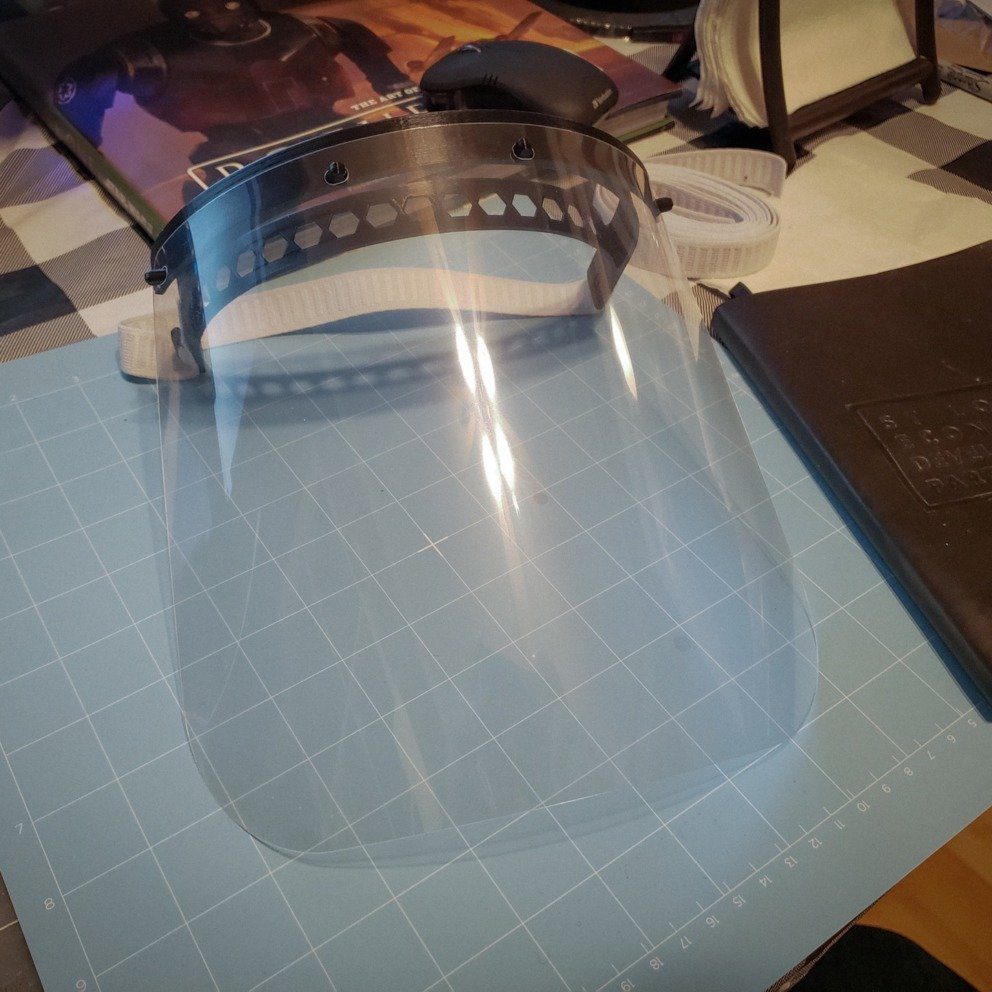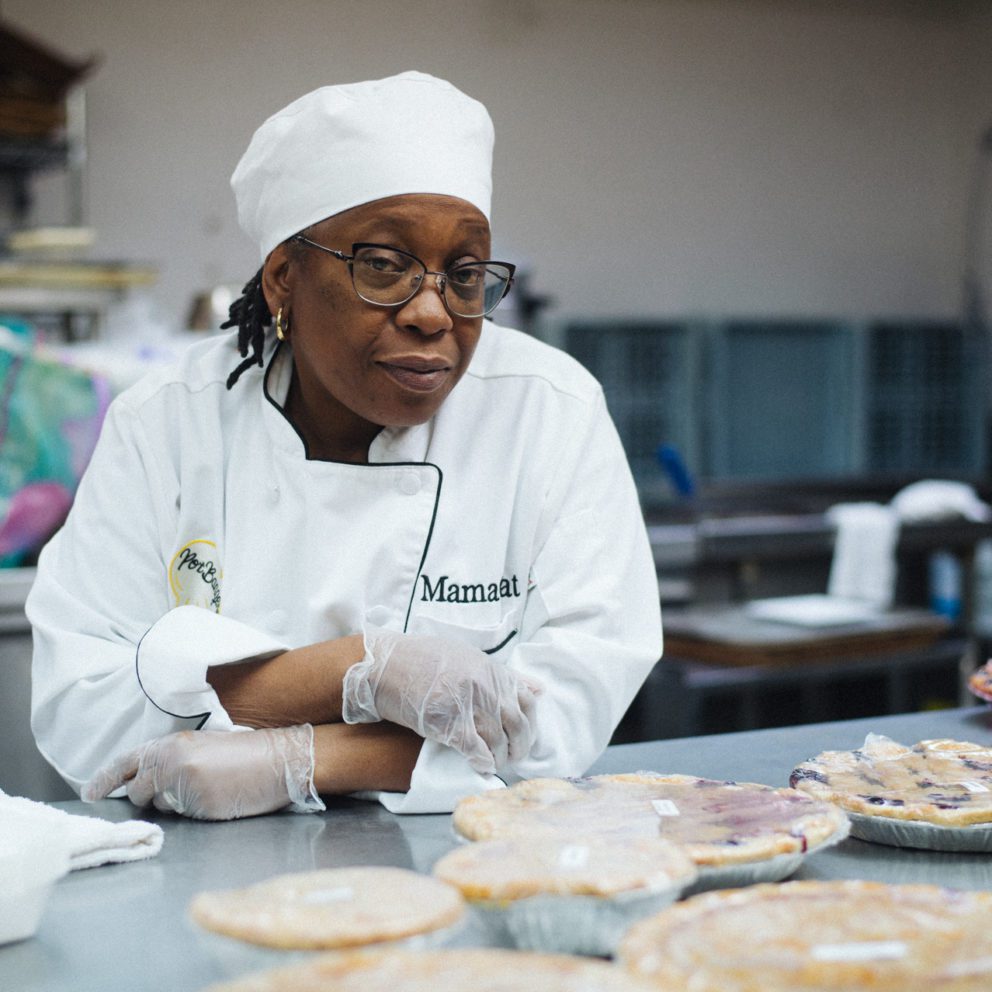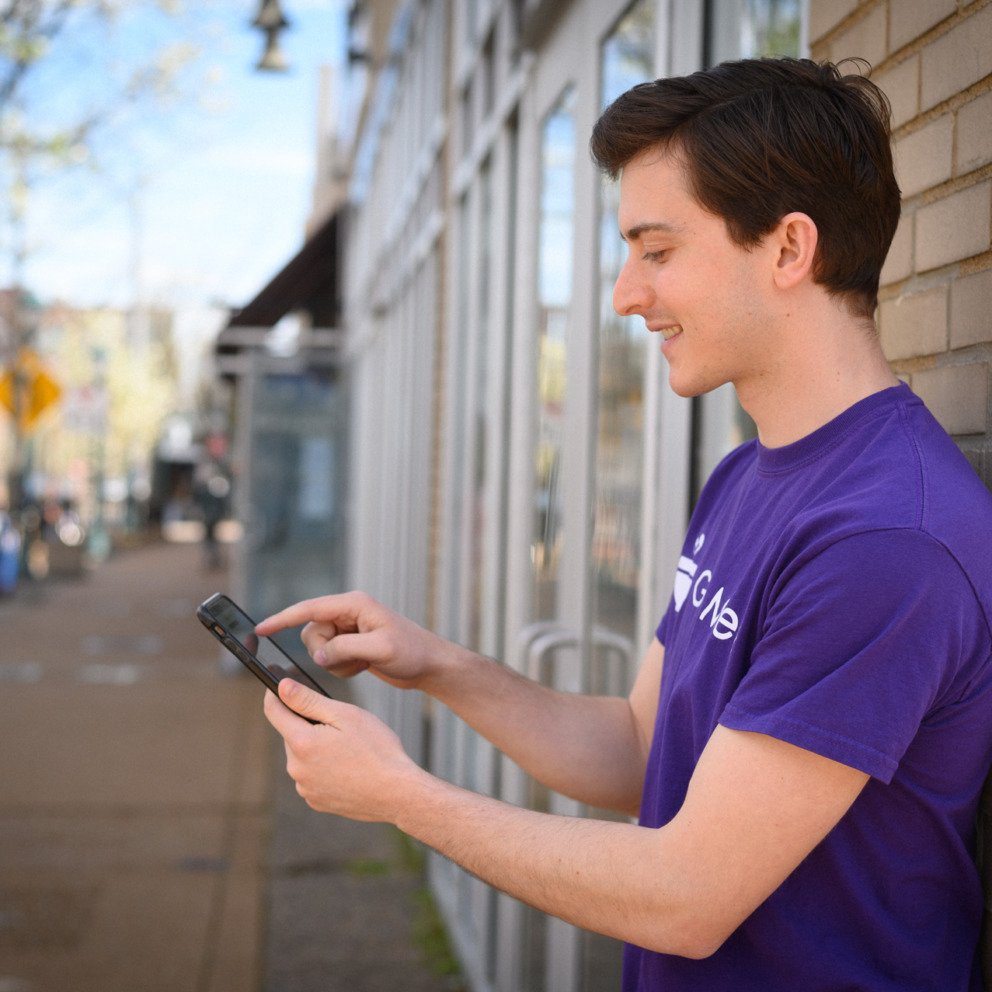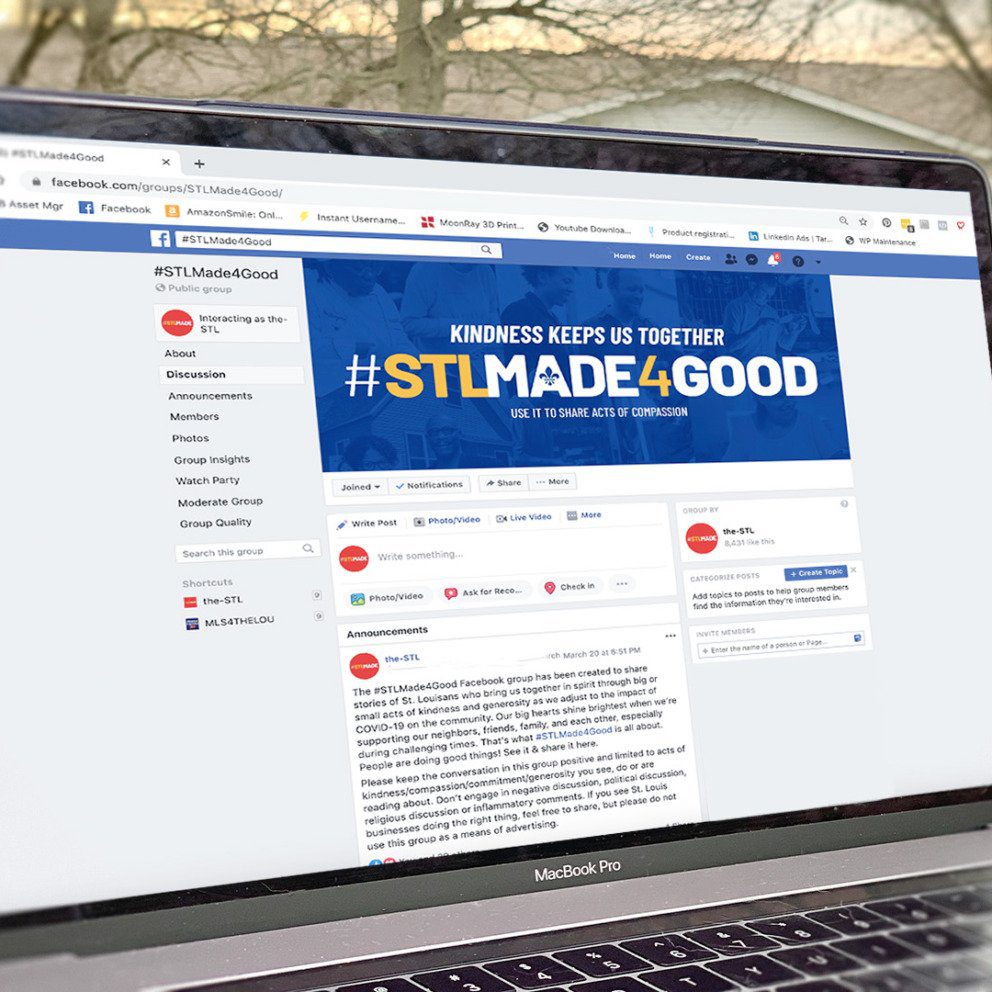Coffee for a Cause
How Sump Coffee is Fueling Health Care Providers on the Front Lines.
Scott Carey does not want praise. He didn’t want it weeks ago when his shop, Sump Coffee, started selling donations for cups of coffee to deliver to St. Louis health care workers, and he doesn’t want it now.
“It’s a little more complicated than being altruistic and generous,” Carey says. “Hospitality is connected to so many things, and the economy just keeps slipping.”
In the days after the first case of COVID-19 was confirmed in the St. Louis area, the effect on local small business hit not like a ripple but a tidal wave. Carey says that customers turned out to Sump to show their support early on, but it didn’t take long for orders from restaurants, hotels and office parks to fall off. “Overnight, all that disappeared,” Carey says.
Like so many business owners in the wake of the pandemic, Carey was unsure of how to proceed, as the situation was constantly evolving. One day, at the Sump location in Nashville, Carey’s partner, Marz Yamaguchi, was approached by a customer with an idea for their coffee shop. She proposed that Carey and Yamaguchi borrow a model recently established by Andytown Coffee Roasters in San Francisco. The company launched a program for customers to purchase coffee carafes for health care professionals in the Bay Area, with members of the Andytown team making the coffee deliveries.
“We knew the front line of health care workers was going to get impacted very quickly in many, many cities, and this is a way to do something nice for them — because it’s really hard to figure out what to do in a crisis for the people that are going to be on that front line,” Carey says. “So what we did in Nashville was we set up a link online, and a bunch of different price structures, so you could buy a $3 cup of coffee all the way up to an entire coffee setup.”
Not long after, that same program debuted at the Sump Coffee in St. Louis as well, with all coffee donations delivered to Barnes-Jewish Hospital. Those interested in donating coffee can do so through Sump’s website in dollar amounts ranging from $3 to $50 for two different departments at Barnes: the emergency room and the neuroscience department. Carey says that both programs saw early success, with customers donating coffee online and health care workers overwhelmed by the show of community support.
One evening, around 6 or 7 p.m., a hospital employee working a night shift in the emergency room called Carey about getting some coffee delivered. Carey assumed the caller was reaching out after hearing about Sump’s donation program with the hospital, but the employee hadn’t heard of it. At the end of the conversation, the employee started reading off her credit card number, and Carey stopped her when he realized what she was saying.
“We said, ‘No, you don’t have to do that; people are buying this for you guys to show appreciation,’” Carey recalls. “And she paused and said, ‘No one ever does anything nice for us. I only ever get spit up on and things like that.’”
Although Sump was closed for the day, Carey went in, made coffee to order for the emergency room and delivered it himself soon after. The interaction was especially touching for Carey, who, again, doesn’t want to be praised — he wants to praise those who are working on the frontlines to save lives at great personal risk to themselves and their loved ones.
“Anyone I talk to in health care right now just assumes they’re going to get COVID-19, and they show up every day and they’re going to do that job,” Carey says. “They’re worried about their families and their loved ones. So when you think about it, coffee, to me, seems super shallow. It feels like it’s not even a real help.”
Carey, like so many of us right now, though, is doing what he can do to help. Coffee is what he knows, what he loves, and what he can contribute. Sump’s coffee programs in Nashville and St. Louis have recently become more challenging to immediately fulfill, as hospitals are transitioning to allow fewer visitors or nonessential workers on-site to protect health care professionals and patients.
Still, Sump remains committed to continuing to help how it can — Carey says that any coffee donations purchased during periods when deliveries are impossible will be delivered at later dates. He says he’s told the department heads at Barnes that if that’s the safest solution for everyone, that Sump remains committed to assist them however it can.
“If in 12 weeks this is all over, they can give us a call, and this is all their coffee,” Carey sayas. “Or if we have to change it — like in Nashville, we stopped doing brewed coffee because of the concern of people opening and closing carafes — we’ll offer them ground coffee so they can brew it themselves. Or we could deliver them instant coffee in single-serve packets. We’re trying to figure out the right fit for them based on their need and what they feel most comfortable doing. But we’re here for them today, and weeks from now, in terms of what we started.”
Join the Story
- Want to buy a cup of coffee or an entire carafe for health-care professionals at Barnes-Jewish Hospital? Visit the donation pages for the Barnes emergency room and neuroscience department on Sump’s website for the details.

